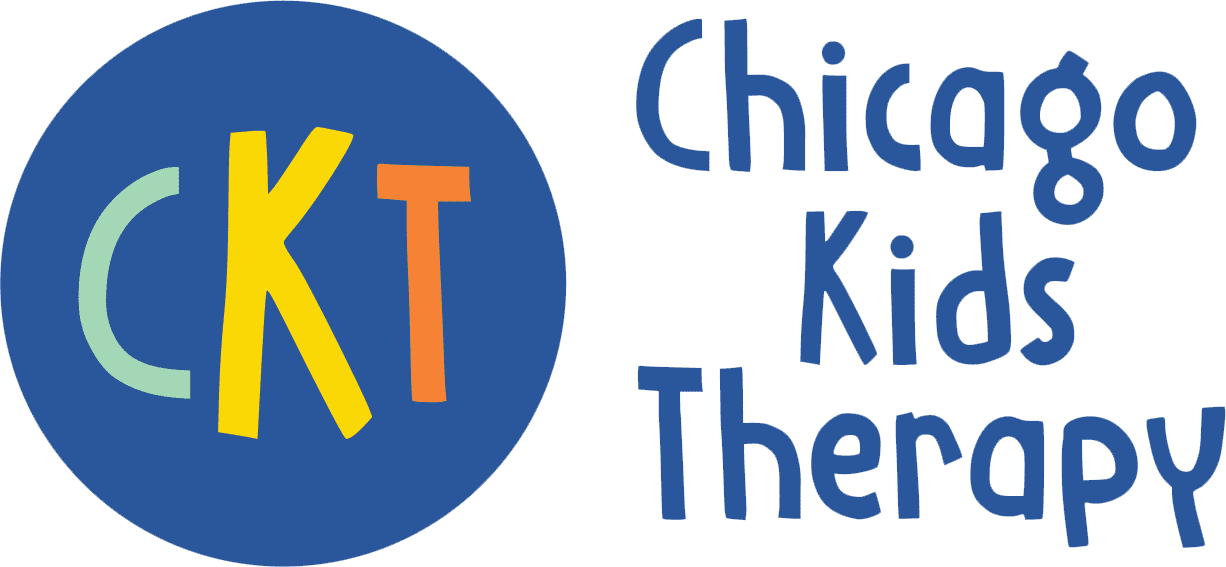Behavior & Cognition
What is it?
Both a child’s behavior and cognitive processes play a significant role in how he or she presents and responds to feedback. Behavior describes how a child acts while cognition is related to thought processes and awareness. Both behavior and cognition vary widely among children, and their presentation may or may not be abnormal. Rather, it is something to be aware of during treatment for all individuals.
Why is this important?
In combination to physical impairments,
the way a child thinks and acts (whether
consciously or subconsciously) has great effect
on what they are struggling with. Your child
may have a behavioral disorder in addition to
another diagnosis, and cognition changes with
development and experience. There are also
predicted stages of personality development
that may affect behavior. Whatever way
issues with behavior and cognition present
in your child, they may affect outcomes if not
addressed.
What are some signs of challenges in this area?
Issues with the development and presentation of behavior and cognition arise in multiple forms. A young toddler
may demonstrate significant separation anxiety or delayed language while an older child may appear excessively
withdrawn or have outbursts in behavior. Differences in personality can account for many presentations of
behavior, but anything that appears abnormal or excessive may affect a child’s ability to learn and develop skills.
It is important to recognize any challenges in order to respond to them appropriately and cater interventions to
include specific language that may assist a child in learning.
How can PT help?
While a behavioral or speech therapist is more suited to treating children with strictly cognitive and behavioral
problems, physical therapists can use the knowledge they have about behavior and cognition to guide treatment
beyond simply stretching and strengthening. At baseline, children respond depending on how they feel and
what they think of a situation. Physical therapists are educated about the different issues that affect behavior
and cognition, and also of the presentation expected with typical development. They can incorporate specific
interactions into interventions in order to best serve your child. While a behavioral or cognitive change may not
be the primary goal of physical therapy, our therapists treat all systems of the body which includes emotional and
mental expectations and reactions to interventions.
